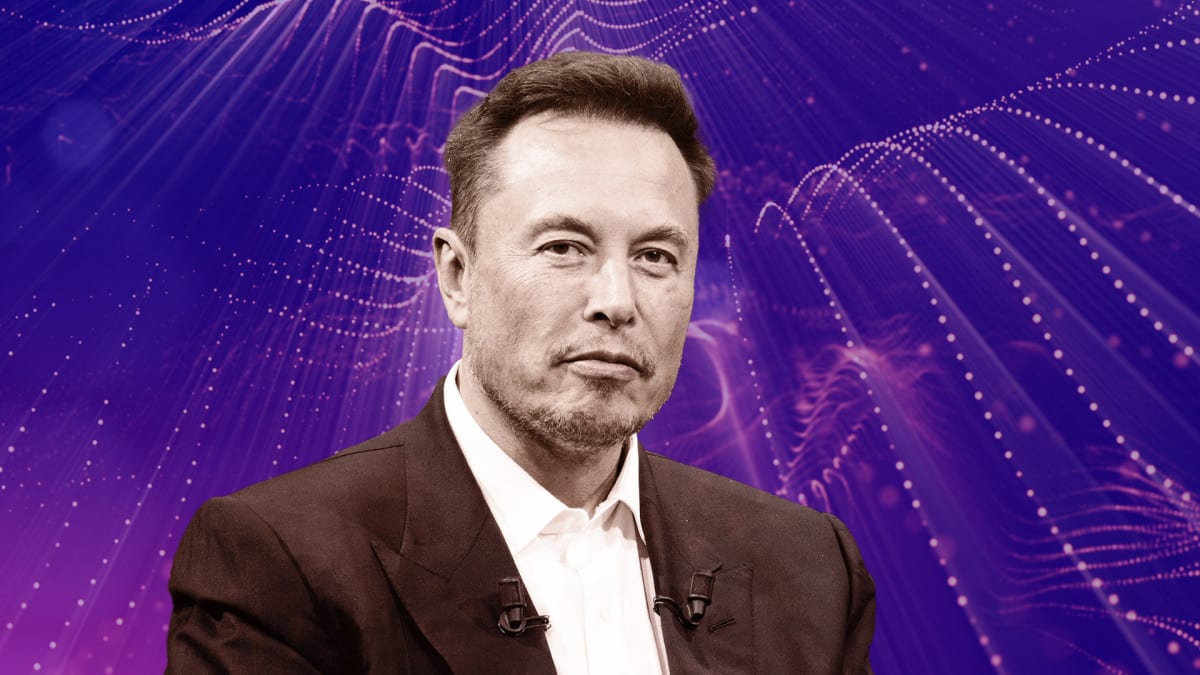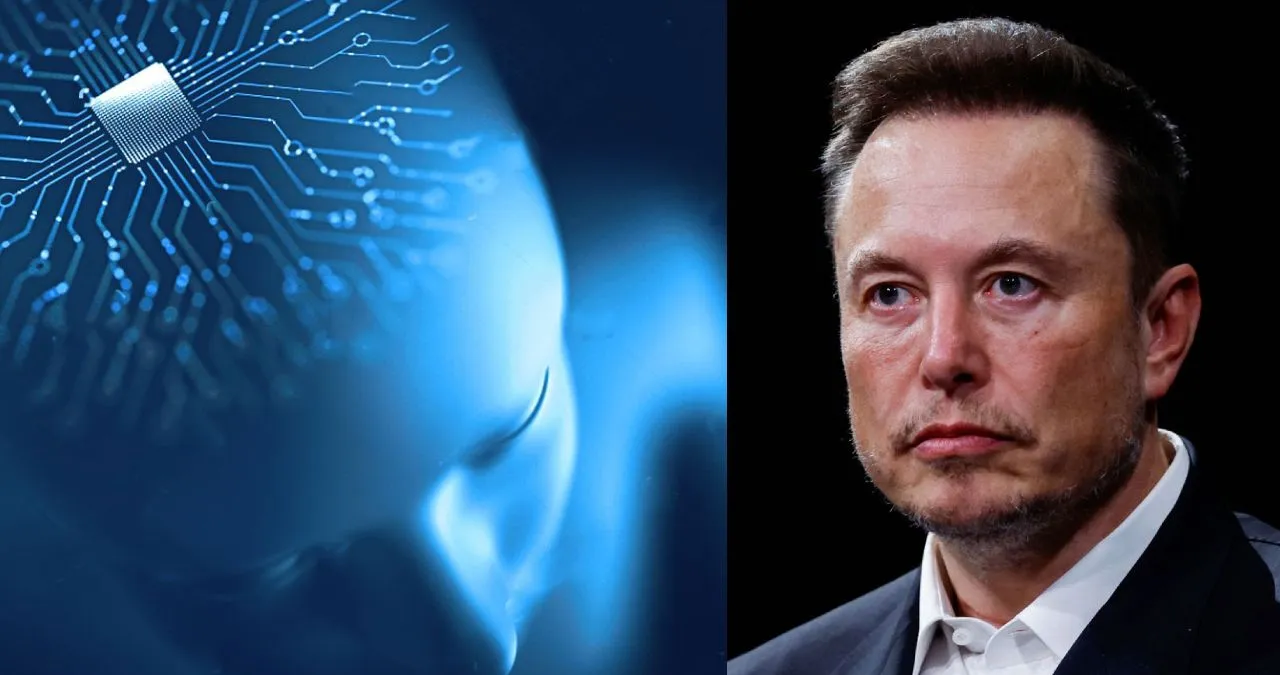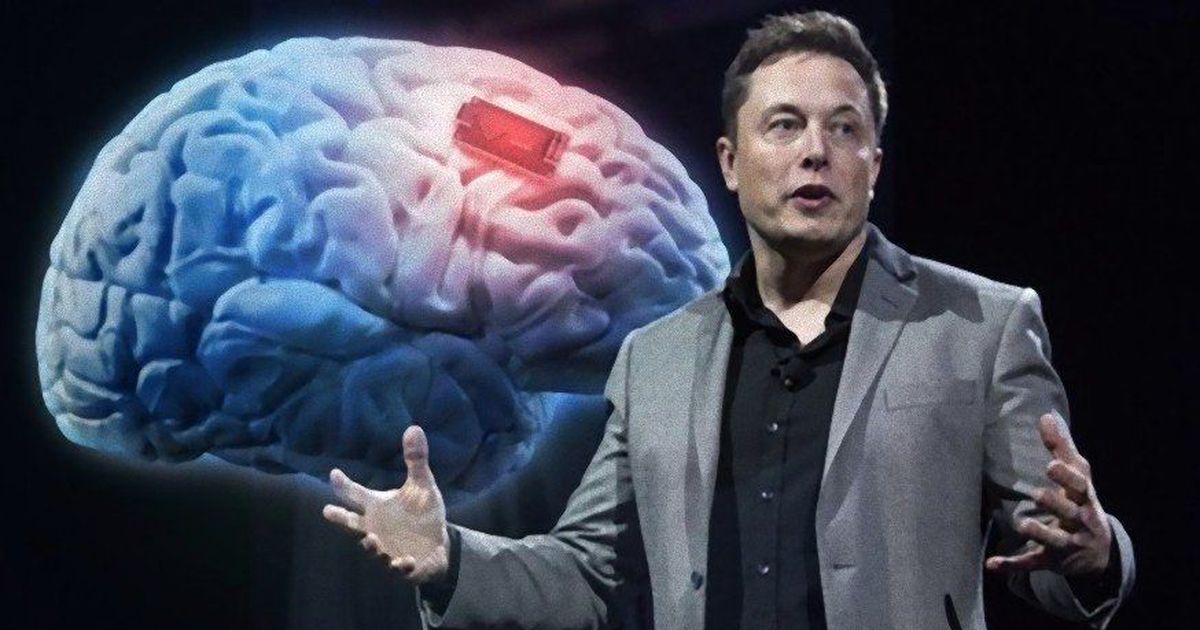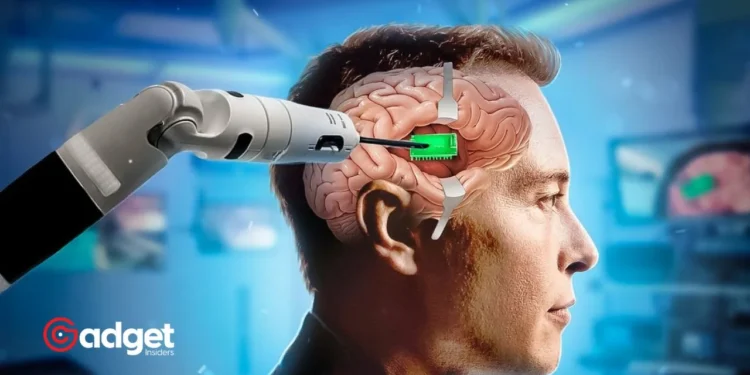In a world where the boundaries between human cognition and technological prowess blur, Elon Musk, the visionary behind Tesla and SpaceX, has once again captured the global imagination. This time, his focus is on Neuralink, a venture that could redefine human potential and the very concept of immortality.
At a recent keynote, Elon Musk enthused about the possibilities of transcending human brain limitations through advanced brain implants, promising a future where the melding of mind and machine could open doors to experiences hitherto confined to the realm of science fiction.
Elon Musk: The First Steps Toward a New Reality
Neuralink’s journey into the annals of revolutionary technology took a concrete form with the introduction of “Telepathy,” an early device designed to bridge the gap between human thought and digital expression.
The device recently enabled Noland Arbaugh, a 29-year-old quadriplegic, to play chess using nothing but his mind, marking a historic milestone in the company’s mission to enhance human capabilities.

However, Elon Musk’s vision extends far beyond aiding physical limitations. He envisions a future where Neuralink devices could restore sight, cure neurological disorders, and even allow users to traverse alternate realities. But perhaps the most audacious goal of all is the pursuit of immortality.
The Quest for Immortality: A Glimpse into the Future
Drawing inspiration from “The Culture” series by Iain Banks, Elon Musk speaks of a “neural lace,” a device capable of preserving and transferring human consciousness to overcome the finality of death.
While acknowledging the current technological limitations, Musk asserts the physical feasibility of such a device, hinting at a future where humans could live through digital means.

“The neural lace is so good that it retains all your memories and your brain state, so even if your physical body dies, you can kind of be reincorporated in another physical body and retain your original memories and brain state.”
This proposition of a digital afterlife, while still years from realization, raises profound questions about identity, consciousness, and the essence of being. The concept of uploading one’s mind into an artificial brain, as suggested by neuroscientist Michael Graziano, challenges traditional notions of self and existence, promising an indefinite extension of life’s trajectory beyond the physical demise.
Elon Musk says the human brain has limits; chases 'immortality' with Neuralink https://t.co/wRK0dilQGJ
— TheStreet (@TheStreet) March 26, 2024
Navigating the Ethical and Technical Challenges
Yet, with great promise comes great scrutiny. Critics argue that Elon Musk’s ambitious projections for Neuralink may be premature, citing the complexity of the human brain and the ethical quandaries posed by such advanced neurotechnology.
Concerns over safety and the speculative nature of Neuralink’s capabilities have also sparked debates within the scientific and ethical communities, emphasizing the need for a cautious approach to developing and implementing brain-computer interfaces.
The Broader Conversation on AI and Consciousness
Musk’s discussions on Neuralink dovetail with broader debates on artificial intelligence, consciousness, and the future of humanity in an increasingly digital world. With predictions of AI surpassing human intelligence within the decade, the interplay between technology and the human mind has never been more pertinent.
Yet, as Musk himself acknowledges, the journey toward these futuristic visions is fraught with uncertainty, dependent on breakthroughs that may redefine the limits of what it means to be human.

Toward a Future Unbound
As we stand on the brink of these monumental advancements, Elon Musk’s Neuralink presents a tantalizing glimpse into a future where human potential is unlimited, and perhaps, where death itself can be outwitted. But as we venture forth, it becomes imperative to navigate the ethical, technical, and philosophical challenges that accompany such profound changes.
In the quest for immortality and beyond, the dialogue between innovation and humanity’s core values will shape the trajectory of our shared future, challenging us to rethink what it means to live, think, and exist in an ever-evolving world.










